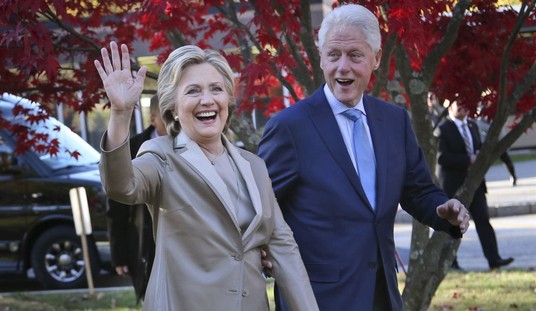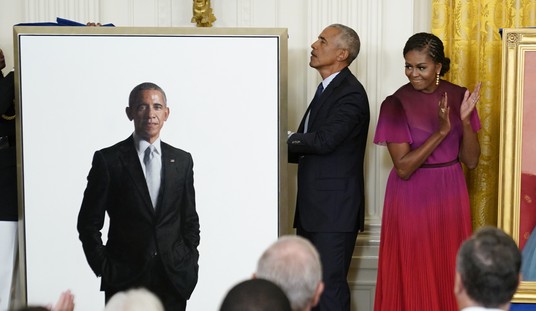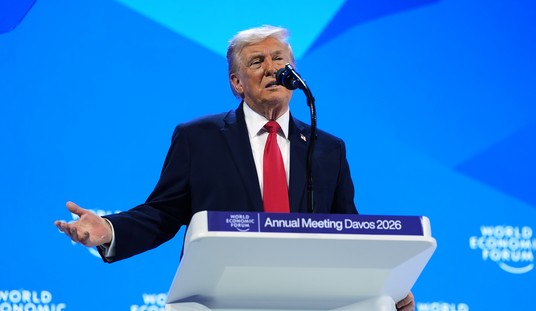On Monday, in McDonald v. Chicago, the Supreme Court of the United States determined that the Second Amendment was binding on every state in the Union. The Court made the same determination about the freedom of speech guarantee in the First Amendment in Gitlow v. New York in 1925. But when you try exercising your First Amendment right to discuss the Second Amendment on some college campuses, it looks like 85 years of precedent supporting the right to free speech simply hasn’t been long enough for administrators to get the message.
In the wake of the Virgina Tech massacre, a movement has arisen among some college students to promote the licensed concealed carry of weapons on campus in hopes of deterring or stopping another violent attack. As you can imagine, this proposition is highly controversial. And, as is usual with controversial topics on campus these days, some colleges have tried very hard to quash debate on this important topic. In a newly released film by FIRE, the Foundation for Individual Rights in Education (where I am Vice President), these students speak out about the problems they faced when they tried to use the First Amendment to discuss the Second.
You can read all about the cases covered in the film, and many more, on FIRE’s website. There are a lot of Americans, including many on college campuses, who are uncomfortable with the idea that the people around them might have concealed firearms. At the same time, there are also a lot of Americans who are uncomfortable with the idea that neither they nor anyone around them has a gun with which they could fight off an armed attacker. In a free country, people have every right to hold either attitude about guns, or another attitude entirely. But public college campuses are increasingly being forced to make the decision whether to allow guns on campus or not, and in most states, the law enables them to decide either way.
How, then, do they decide what decision to make? Since public colleges and universities are communities supposedly dedicated to the objective search for truth, one would hope they would welcome a free and frank discussion of the benefits and drawbacks of concealed carry on campus and come to informed conclusions. One would hope that, but the reality is that when it comes to free speech, America’s campuses have a sadly checkered record. Whether it’s pro-life speech, environmentalist speech, religious speech, animal-rights speech, anti-affirmative action speech, anti-terrorist speech, anti-Obama speech, or any other speech you can think of, there’s likely to be an attempt on come campus to shut it down. Campus censorship of gun-related speech is therefore completely predictable. But it is no less disgraceful, destructive to the purpose of a university or, frankly, un-American.
This time, though, the parties involved both see guns on campus (or the lack thereof) as a life-and-death issue. Right now, legislators and courts in states like Colorado are debating whether or not to allow concealed carry on campus, and in the wake of McDonald, we can expect many more such debates. Shouldn’t those most directly affected by these decisions–the students the decisions are meant to protect–be allowed to take part in the discussion?









Join the conversation as a VIP Member